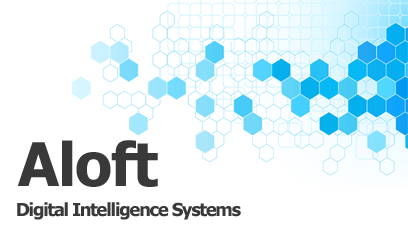Grievance Management
Many in the job force will often complain about their place of employment or the job they do. Sometimes these complaints are idle chatter, and sometimes the complaints are legitimate and problems within a company do exist. A good grievance management system will insure company representatives follow a fair and impartial system so employees feel as though they are being treated with respect, and employment agreements are followed to avoid any penalties or legal troubles later.
Employee dissatisfaction may result in a great lessening of employee effectiveness, lowering overall production. Companies with effective system in place to rectify employee dissatisfaction in a timely manner will assist in avoiding production losses.
“A good manager doesn’t try to eliminate conflict,” said Robert Townsend, author of the bestselling book, Up the Organization, and co-author of Reinventing Leadership. “He tries to keep it from wasting the energies of his people.”
Employee dissatisfaction and employee mistakes can be influenced by just about anything that disturbs an employee. Causes can include: economic troubles, work environment problems, supervisor or management issues, fellow employee conflicts, and a variety of other complex situations. When an employee is distracted or emotionally taxed, workplace problems increase.
A good grievance management system can provide employees an outlet to voice concerns, provide some direction, or even discipline, while providing management the opportunity to solve any issues and improve company morale efficiently, hopefully increasing company production.
A grievance is a formal dispute between an employee and management related to the conditions of employment. Grievances must be formally registered in accordance with a company’s grievance procedure. The dissatisfaction is then brought to the attention of management and resolution is sought.
This system should effectively address work environment issues, equipment problems, personality class conflicts, unfair supervisory or management practices, problems with pay or allowances, and perceived inequalities in treatment. If created properly, it should improve quality and quantity of production due to employee rising satisfaction, reduced absenteeism among employees, as well as a renewed commitment from employees to the company goals.
Some of the essential characteristics in an effective system include simplicity, promptness, training, and regular follow up. Grievances should be identified promptly, and then correctly analyzed and properly addressed. Necessary data should be collected, and then the grievance management process should be implemented, and followed by an evaluation practice that reviews the process and resulting action.
A strong system should also have a procedural time frame for both reporting and responding to claims. This well-defined schedule of when and where grievances should be reported, as well as step-by-step transparent directions as to how the process will be handled when made, will show employees that the system is effective.
Whether dealing with complaints that are idle chatter or real issues, human resource experts will benefit from a strong grievance management system, as will other employees. AcuTrans system can be custom fit for your company and the specific requirements in your grievance processes.
Contact us for more information regarding our grievance management options, or to set up a trial.
